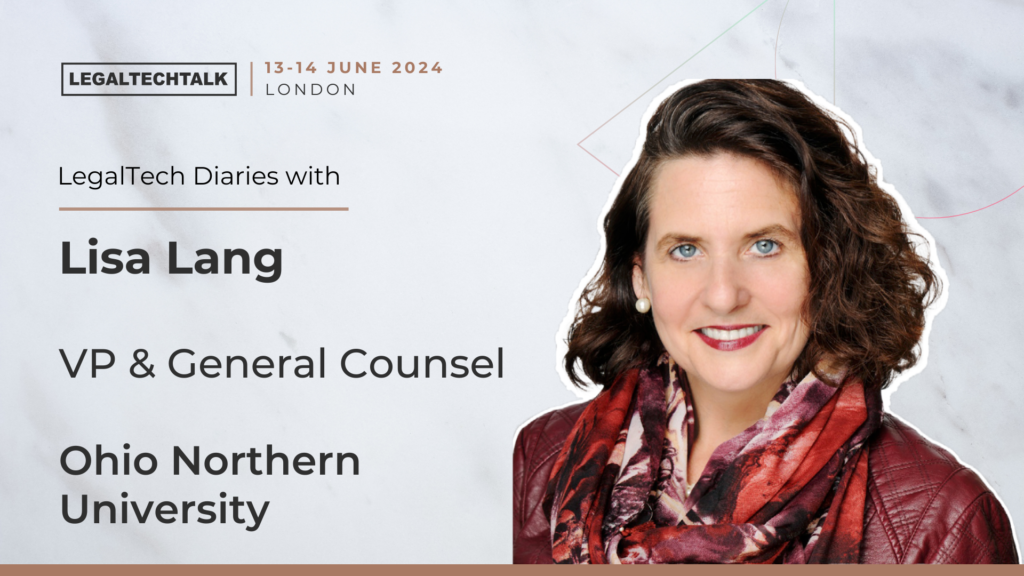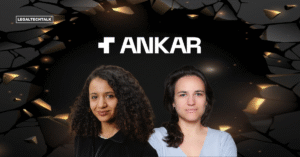In this interview, Lisa Lang, an experienced legal operations professional, shares valuable insights on optimising legal department efficiency. She advocates for building a “lean, mean fighting machine” by strategically leveraging technology, outsourcing non-core tasks, streamlining processes, focusing on prevention, and fostering collaboration. Lisa emphasises the importance of robust knowledge management systems, performance metrics, and feedback loops to continuously improve operations.
Drawing from her past experiences with software migrations gone awry, she underscores the need for thorough planning, clear objectives, solution assessments, and system compatibility considerations when implementing new technologies. Lisa’s approach prioritizes selecting lawyers based on industry experience, responsiveness, and collaboration, rather than solely considering firm reputation.
Bradley Collins: Hi Lisa, great to speak with you once again. Please tell me what you mean when you talk about building a lean, mean fighting machine?
Lisa Lang: A legal department must become a lean mean fighting machine by optimising resources and achieving more with less through strategic planning, process efficiency, and leveraging technology.
- Some strategies that legal departments can adopt to enhance productivity and effectiveness while operating within budget constraints:
- Embrace Technology
- Outsource non-core tasks
- Improve process efficiency
- Focus on prevention
- Engage in strategic legal planning
- Collaborate and share knowledge
- Implement a robust knowledge management system to capture and share
- Establish metrics and key performance indicators (KPIs) to measure and assess the department’s performance over time
- Create Feedback Loops
By combining these strategies, legal departments can optimise their operations, reduce costs, and deliver high-quality legal services to support their organisations’ objectives.
Bradley Collins: Thanks! Doing more with less is always quite appealing. You must have some war stories from one software to another at some point in your career, what’s been the biggest war story you’re able to share, and what did you learn from this mistake?
Lisa Lang: I have watched a previous employer attempt to migrate from one payroll system to another. The process was anything, but a smooth one. Some of the issues with the migration included insufficient planning, poor communication, and a failure to account for needed customisations.
My biggest takeaways from this experience?
No technology will ever solve all of your company’s challenges. You need to define the problem you are trying to solve; you need to identify specific goals and objectives the solution will need to achieve; you need to assess the effectiveness of the solution; and you need to consider compatibility of the solution by determining if the solution can be integrated with existing systems and technologies.
Bradley Collins: Finally – I’d be curious to know what you look for when deciding which law firms or ALSPs to work with. Has your view on this changed in recent years, and if so, why?
Lisa Lang: I select lawyers and not firms. I select lawyers who are experienced in my industry; lawyers who are responsive; and lawyers willing to work collaboratively with me. This has always been my approach.








